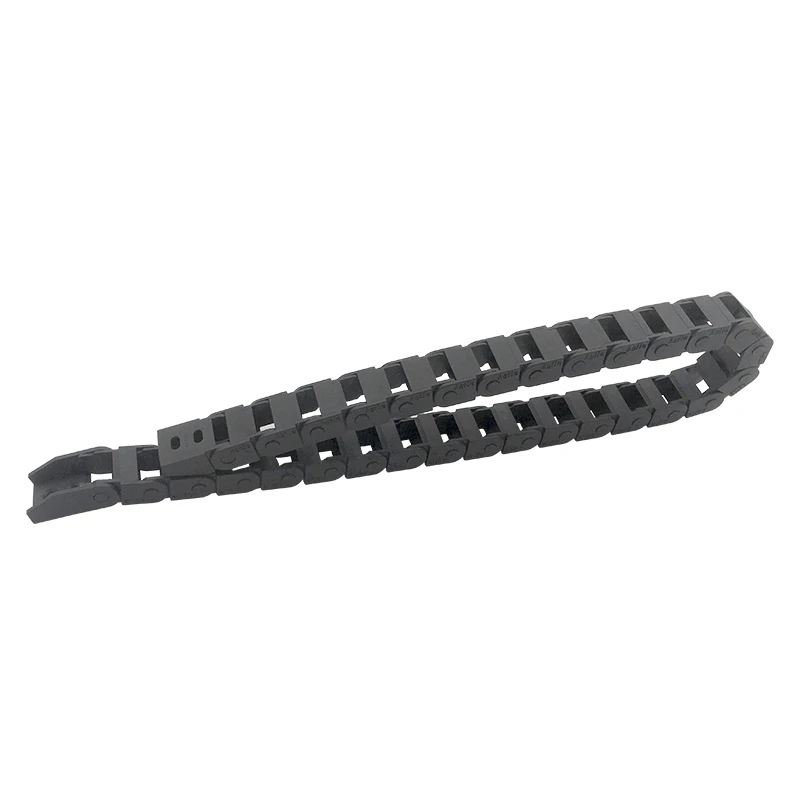Flexible Conduit Solutions for Efficient Wiring Management and Protection
Understanding Corrugated Wire Conduit A Guide
Corrugated wire conduit is an increasingly popular solution in various electrical installation and protection scenarios. With its unique design, this type of conduit offers a range of benefits that makes it an essential component in electrical wiring systems. In this article, we will explore what corrugated wire conduit is, its advantages, applications, and installation considerations.
What is Corrugated Wire Conduit?
Corrugated wire conduit, often referred to as flexible conduit, is a type of tubing designed to protect electrical wires from physical damage and environmental factors. Made from durable materials like PVC or polyethylene, it features a zigzag or corrugated surface that allows for flexibility and ease of installation. Its pliable nature makes it ideal for navigating tight corners and spaces where traditional rigid conduit might be difficult to install.
Advantages of Corrugated Wire Conduit
1. Flexibility One of the most significant advantages of corrugated wire conduit is its flexibility. The unique corrugated design allows it to bend and twist easily, accommodating the complexities of a building's structure while minimizing the need for additional fittings.
2. Protection Corrugated conduit provides a sturdy barrier against physical damage, moisture, dust, and chemical exposure. This is especially important in industrial settings or outdoor environments where wires can be susceptible to damage.
3. Easy Installation The lightweight nature of corrugated conduit simplifies installation processes. Electricians can handle and route it quickly, saving time and labor costs. Additionally, the conduit can be cut to length easily, further streamlining the installation process.
4. Compliance with Codes Many electrical codes require the use of conduit for certain applications. Corrugated wire conduit meets various safety standards and regulations, ensuring that electrical installations are compliant with necessary guidelines. This is crucial for safeguarding against potential hazards, such as electrical shocks or fires.
5. Versatility Corrugated wire conduit is suitable for a wide range of applications. It can be used in residential, commercial, and industrial settings, making it a versatile choice for electrical contractors. Whether for power supply, data cabling, or control wiring, this conduit can adapt to different needs.
corrugated wire conduit

Applications of Corrugated Wire Conduit
Corrugated wire conduit is used in various situations, including
- Residential Wiring In homes, it protects wiring for lighting fixtures, appliances, and outlets, ensuring safety and longevity. - Commercial Installations In offices and retail spaces, it facilitates the management of complex electrical systems, including lighting and IT networks. - Industrial Settings Manufacturing plants often use corrugated conduit to safeguard power and control wiring exposed to harsh conditions, such as moisture, heat, or chemicals. - Outdoor Applications Due to its robust design, corrugated wire conduit is ideal for outdoor electricity and irrigation systems, protecting wires from environmental hazards.
Installation Considerations
While installing corrugated wire conduit is straightforward, there are important factors to consider
1. Sizing Choose the correct size of conduit for the wires being protected. Overcrowding can lead to overheating and potential safety hazards. 2. Bends and Turns Plan the layout to minimize sharp bends, which can create stress points on the wires and reduce the conduit’s effectiveness. 3. Support and Securing Ensure that the conduit is adequately supported and secured to prevent sagging and physical damage over time.
4. Sealing In outdoor applications, sealing the ends of the conduit can prevent moisture ingress, further protecting the integrity of the wiring.
Conclusion
Corrugated wire conduit is a versatile and reliable choice for protecting electrical wiring across various settings. Its flexibility, durability, and ease of installation make it an ideal solution for both residential and commercial applications. As technology continues to evolve, the demand for effective wiring management systems like corrugated conduit will likely increase, ensuring the safety and functionality of electrical installations for years to come.








